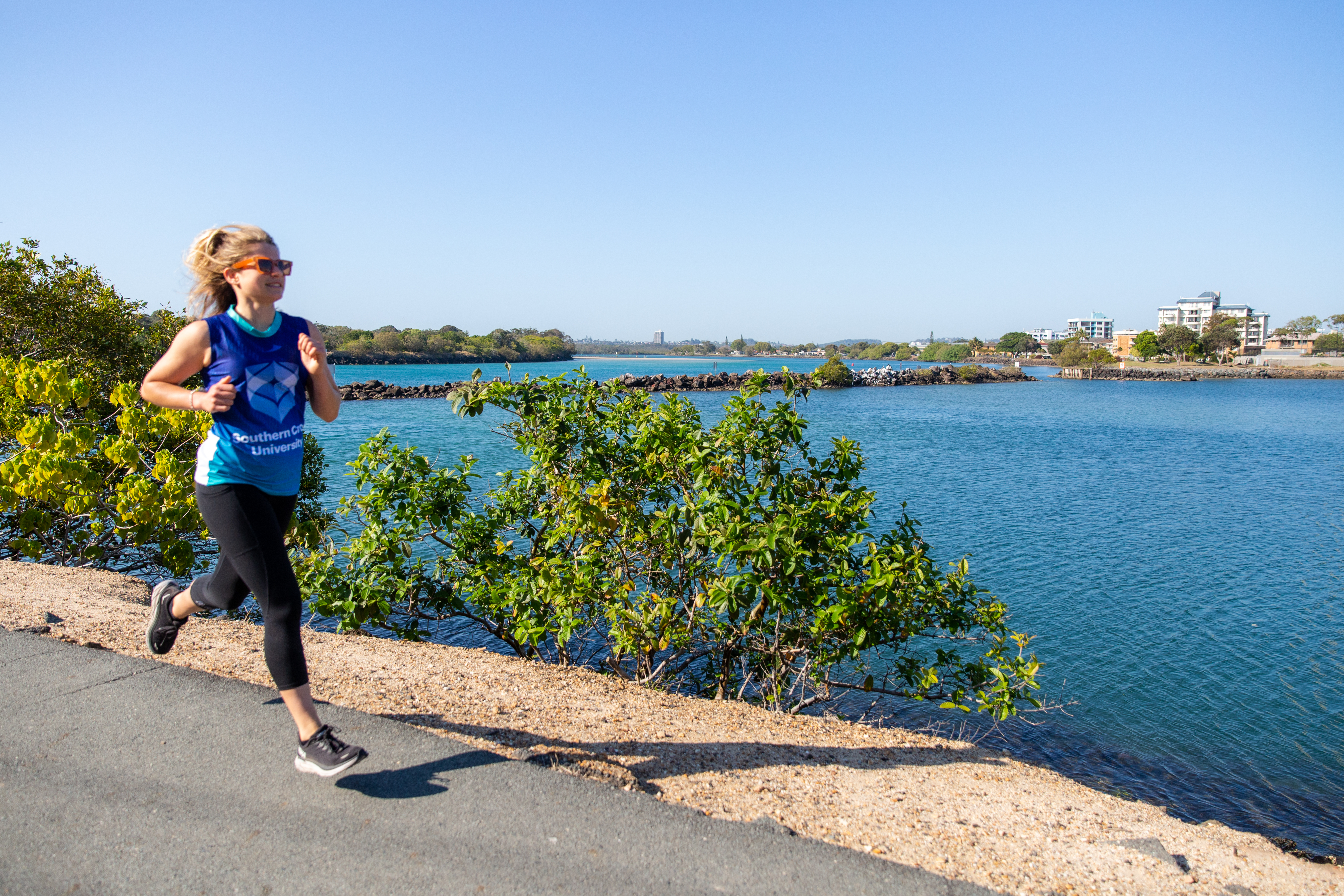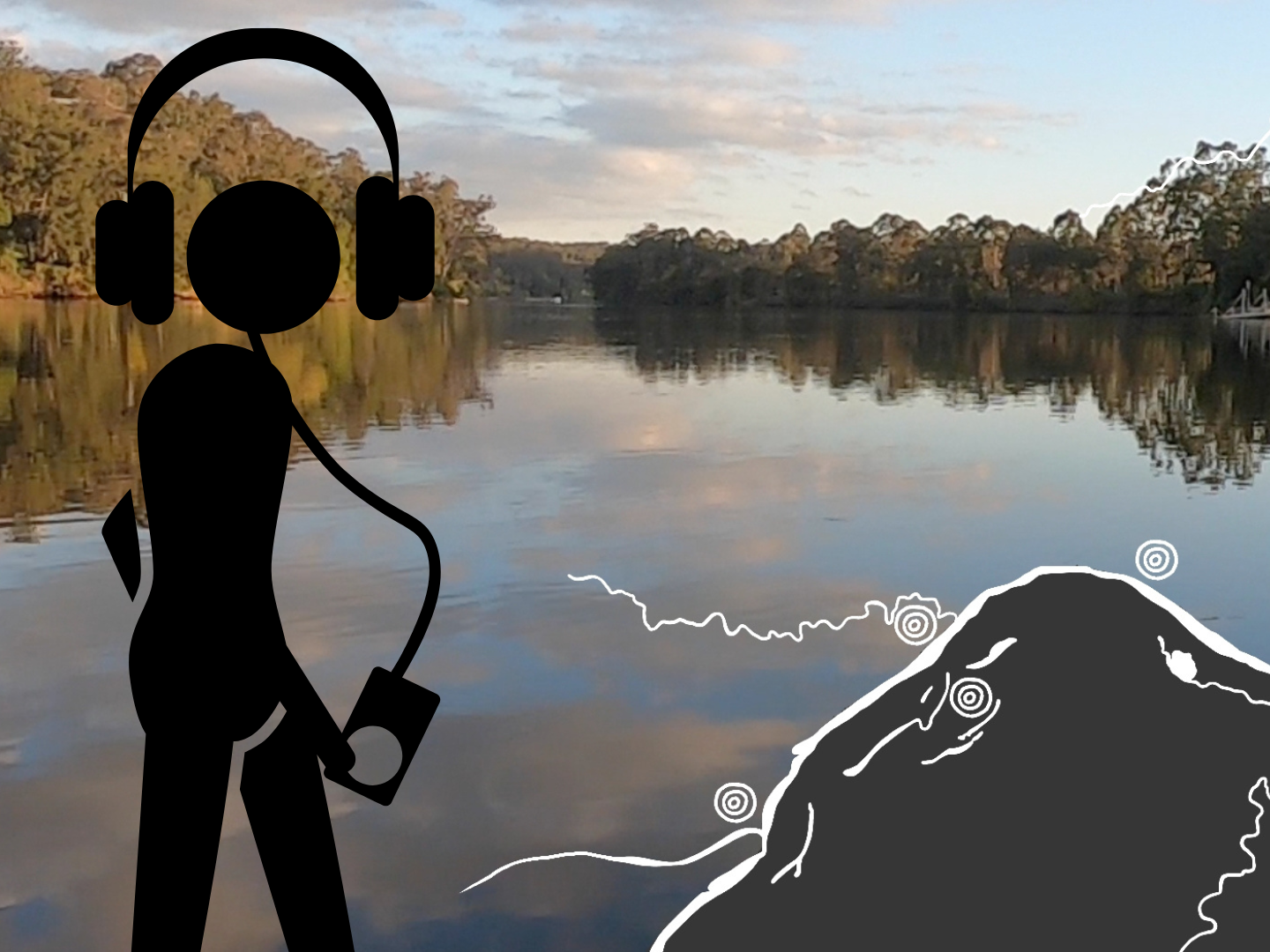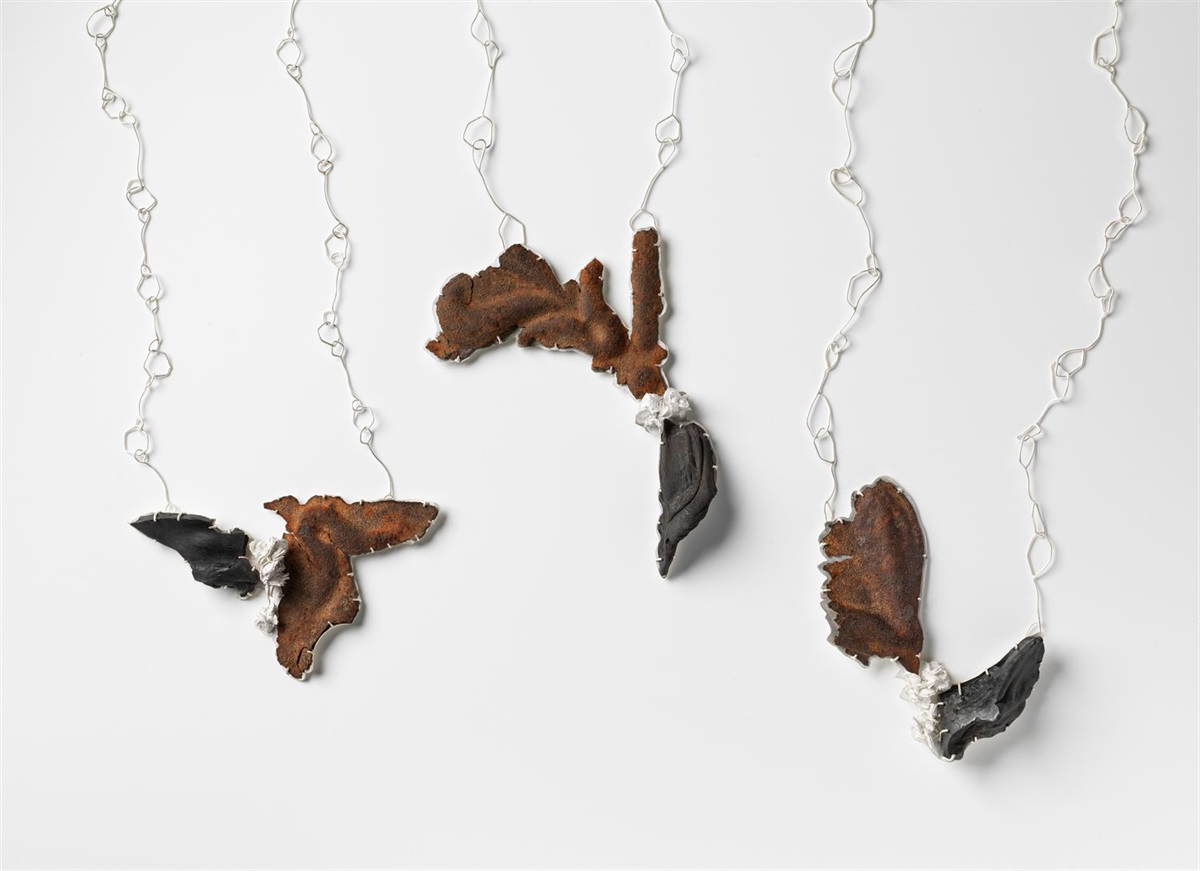Ideas for a Sustainable Easter
- Aluminium foil wrapping from Easter eggs can go in your yellow-lidded bin for recycling. Aluminium is one of the most recyclable materials because of the amount of energy saved if we do recycle it, so gather up the empty and clean foil wrapping, scrunch into a ball and put it in your recycling bin. The ball needs to be about the size of a ping pong ball. If you don’t have enough foil to do this, you could try and get creative – maybe put wrappers aside for when you have a larger foil piece to wrap around them later on, such as a baking tray, or insert them into an empty soft drink can.
- Cardboard and paper packaging from your Easter treats can also go in your recycling bin. Some plastic can too – plastic codes 1, 2 and 5 can be recycled. Remember to completely separate any plastic from the inside of cardboard boxes.
- Easter decorations are becoming more and more popular. Before purchasing any decorations, think about what will happen to them after Easter. Can you reuse them for Easters to come? Or if not, can you recycle them? On a similar vein, can you make the same type of decoration yourself from recycled materials, and save money at the same time?
- Hot cross buns are another popular tradition at Easter. Unfortunately, you may not be able to avoid buying buns in soft plastic bags. Make the most of these bags by saving and reusing them, and of course, make sure you recycle the bread tag!
- Keen to find a substitute for chocolate eggs? Check out this list of 20 eco-friendly egg alternatives.
- Or consider buying unwrapped chocolate eggs. Ask your local whole foods store whether they will be stocking package-free Easter eggs. Even if they aren’t, they will most likely be able to recommend where to purchase them.
- If you are catching up with family and friends for shared celebrations, organise who will bring what beforehand. This will help reduce your waste and save you money.
- Eat or, if you can, compost any leftovers. If you have an excess of chocolates by the end of Easter, consider donating them to your local foodbank.
One last reminder
Remember, you don’t need to do everything on the list above to have a sustainable Easter. Every little bit helps, and with millions of chocolate eggs sold in Australia each year, it all adds up.
/Public Release. View in full here.








